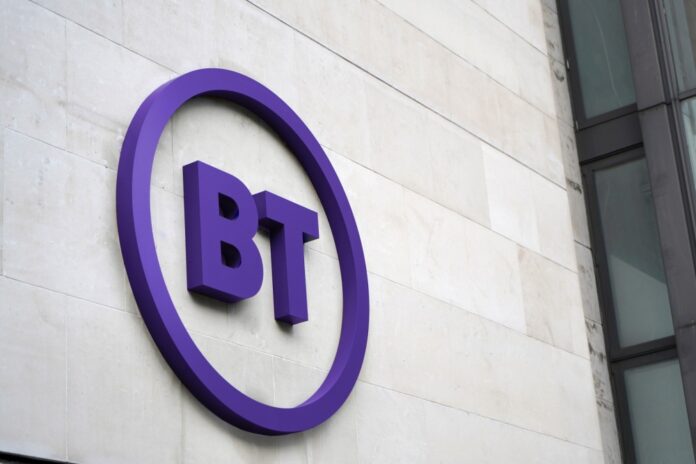Altice, controlled by Patrick Drahi, is now BT’s single biggest shareholder, just ahead of Deutsche Telekom with 12%.
Altice says it believes that BT has a “compelling opportunity” to deliver one of the UK government’s most important policies – building out FTTP, supported by the regulatory framework and government policy.
A key issue now is how Altice intends to unlock value: under the takeover protocol, Altice cannot make an unsolicited takeover bid for six months without the approval of BT’s management.
Spin offs?
Pushing to spin off BT’s semi-detached access arm, Openreach, looks highly likely as a complete takeover of either BT itself or the Openreach subsidiary is likely to be prevented, given the critical strategic importance of national networks, which has been underlined by the pandemic.
The aggressively acquisitive company owns networks in Portugal (it acquired the incumbent, Telecom Portugal), France (SFR is the second biggest operator after Orange), Israel (wholly owns the cable company Hot) and the US.
It has set up a separate investment firm in the UK to make the investment in BT, according to the Financial Times.
More funds needed
BT’s CEO, Philip Jansen has acknowledged the group needs to attract outside investment to help fund its fibre buildout.
It is also facing growing competition as alternative fibre network providers redouble their expansion efforts and attract investors from outside telecoms.
Last year, after a tussle with shareholders, Drahi bought back shares and delisted from the Amsterdam Stock Exchange, arguing that the shares were undervalued – a sentiment no doubt shared by many network operators.
BT’s share price and market capitalisation have never recovered from a high of £48.35 billion in January 2016, before the Italian accounting scandal broke, although it has rallied since the it fell to just over £10 billion last year, and bounced 17% on the Altice news.



